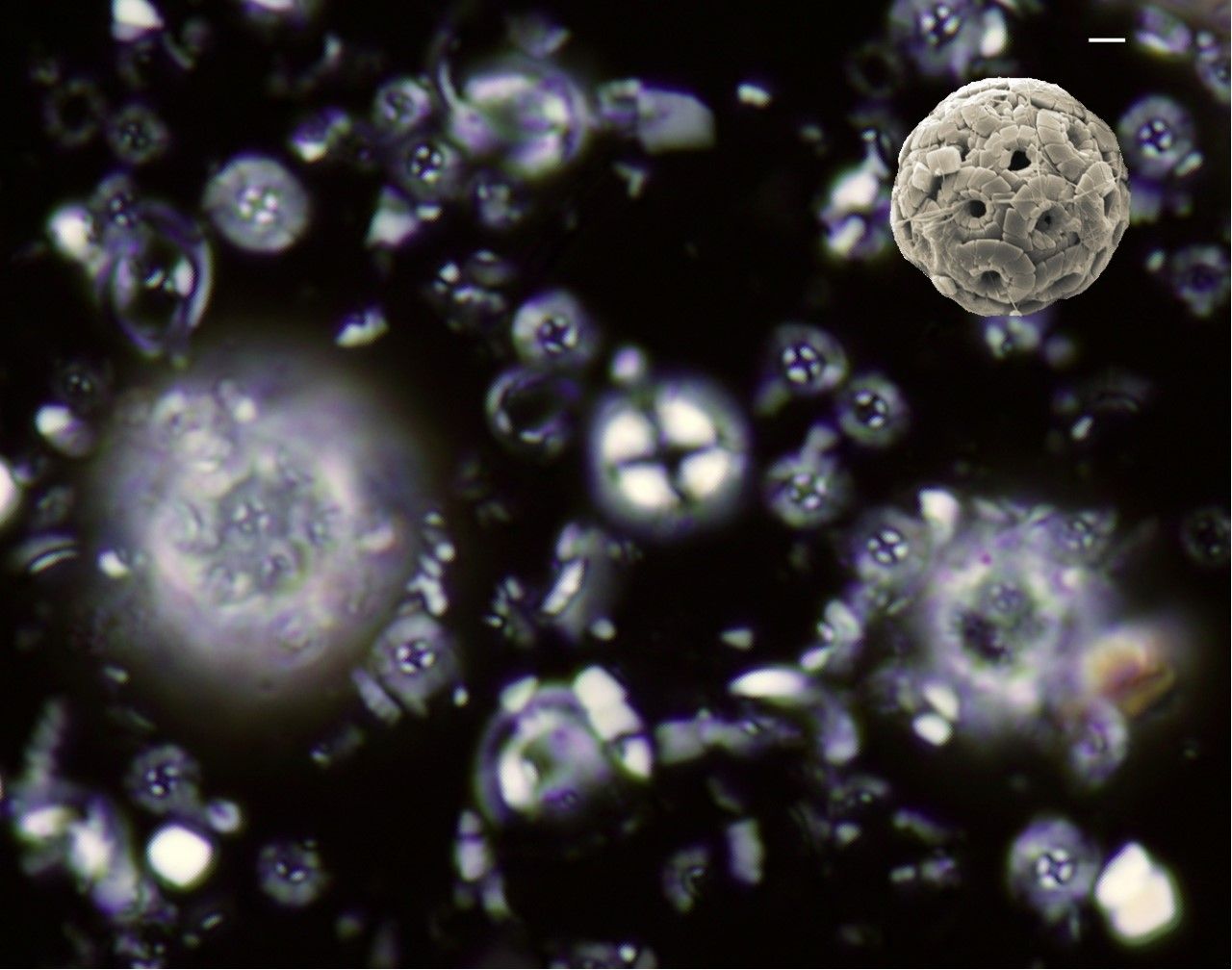University-Linked Study Shows Marine Ecosystems Bounce Back After Extinction

A team that includes University of Gibraltar Research Associate and MSc Marine Science & Climate Change lecturer Sarah Alvarez has produced an unprecedented record of the biotic recovery that followed after the last mass extinction.
A statement from the University of Gibraltar follows below:
The last mass extinction occurred 66 million years ago when an asteroid impact caused global environmental devastation and is well known for the extinction of dinosaurs, ammonites and many other groups. As well as the loss of larger animals, there were equally devastating extinctions in the ocean plankton, which removed food production at the base of the marine ecosystem and crippled important ocean functions.
In an article published in the highly influential scientific journal Nature the team, that included colleagues from Bristol, Southampton, UCL, Frankfurt and California, presented a 13 million-year record of fossil plankton dynamics in the aftermath of near annihilation, providing a remarkable glimpse into how the marine ecosystem ‘reboots’.
University of Gibraltar lecturer Sarah Alvarez was the lead author of the study. She said, “We wanted to find out how long the ocean ecosystems took to recover and how this happened. It’s been a fascinating process and a true collaborative effort, as we’ve carefully pieced together the evidence to help us understand this critical interval of marine recovery”
Alvarez and co-authors found that these plant-like (photosynthetic) plankton bounced back almost immediately after the mass extinction but that the early communities were highly unstable and cell sizes were unusually small. Major ecosystem disruption persisted for two million years after the mass extinction but the gradual appearance of new species and larger cells helped re-establish a stable and resilient ecosystem. However, it took 8 million more years for species numbers to fully recover.
The study also provides a warning on the impact of human-caused climate change on marine ecosystems. The loss of plankton from oceans would mean the loss of an essential food source and carbon-storage function.
Latest News
- Commencement of Part 2 of the Register of Property Occupation Act
- Autumn Poetry Competition 2025
- Youth Symposium Returns from Impactful Visit to Morocco
- Cultural Education Continues to Promote Gibraltar’s Art
- The Budget 2025 – Deputy Chief Minister’s Address
- Acquarius Trust Company Limited Announces Completion Of Management Buyout; New Ownership Poised To Continue Growth Plans
- VSB Limited Responds To Government Statement
- Gibraltar NASUWT Welcomes Public Sector Pay Increases
- Unite’s Reaction to the Chief Minister’s Budget Address “Mainly Positive”
- Statement on Section 66 Proceedings Regarding Victoria Stadium Tenancy



